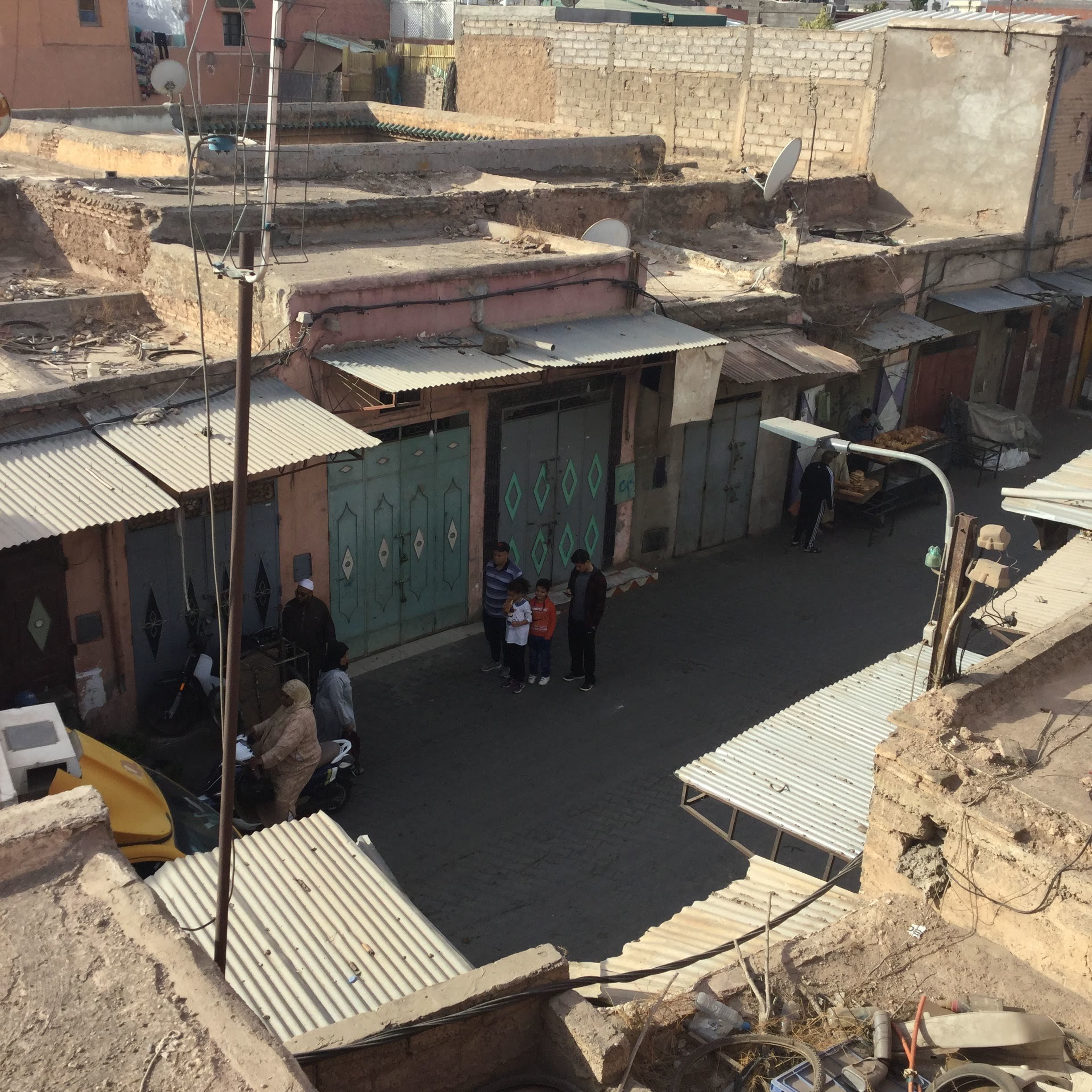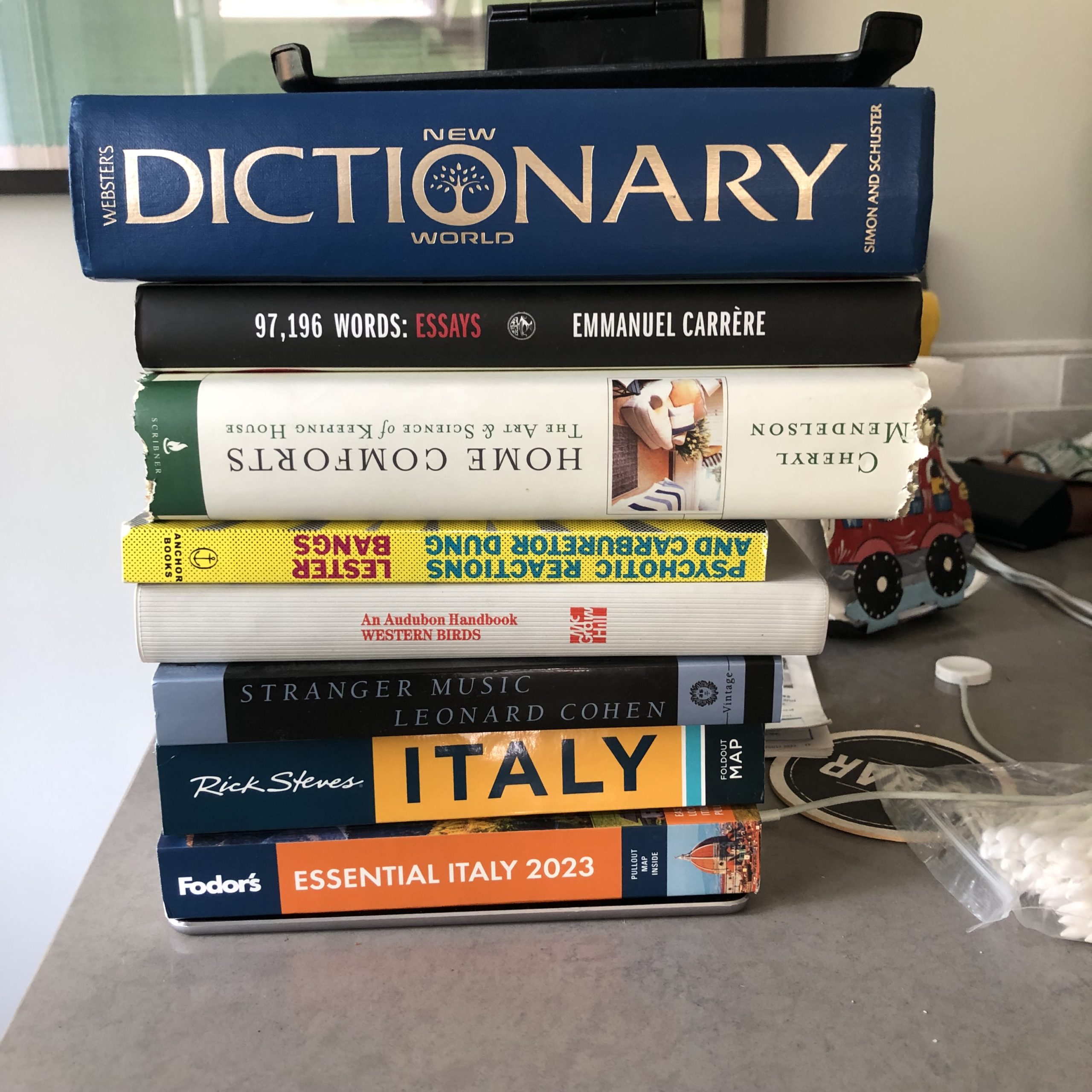I took this photo as I returned to my room in the Marriott during the jazz festival. Those of you who follow me on Instagram have already seen it:
Contrary to the popular belief that Detroit is deserted and desolate, Jefferson was hopping that night. A large motorcycle was idling at the light as I strolled by, with a bumpin’ sound system aboard, blaring “Papa Was a Rolling Stone.” And it only occurred to me later that the opening line of that song is, “It was the third of September,” and this photo was taken on September 3. That’s either an amusing coincidence or a reflection of an exceptionally well-curated playlist.
Anyway, also of note with reference to pop music: The “musty old hall in Detroit” where mourners of the Edmund Fitzgerald prayed in Gordon Lightfoot’s song? That’s it on the left. Old Mariner’s Church. Never been inside, but I bet it’s not musty.
So! Midweek, almost! What’s going on? Well, in Tennessee they’re looking for a Taylor Swift reporter, no seriously, they are:
USA TODAY and The Tennessean/tennessean.com, part of the USA TODAY NETWORK, seeking an experienced, video-forward journalist to capture the music and cultural impact of Taylor Swift.
Swift’s fanbase has grown to unprecedented heights, and so has the significance of her music and growing legacy. We are looking for an energetic writer, photographer and social media pro who can quench an undeniable thirst for all things Taylor Swift with a steady stream of content across multiple platforms. Seeing both the facts and the fury, the Taylor Swift reporter will identify why the pop star’s influence only expands, what her fanbase stands for in pop culture, and the effect she has across the music and business worlds.
The successful candidate is a driven, creative and energetic journalist able to capture the excitement around Swift’s ongoing tour and upcoming album release, while also providing thoughtful analysis of her music and career.
We are looking for a journalist with a voice — but not a bias — able to quickly cultivate a national audience through smart content designed to meet readers on their terms. This reporter will chronicle the biggest moments on the next portions of Taylor Swift’s tour, offering readers of USA TODAY, The Tennessean and more than 200 local news sources an inside view.
This journalist must be willing (and legally allowed) to travel internationally.
Huh.
It so happens I’ve been able to live my life almost entirely unaware of Taylor Swift’s output. When her tour barnstormed the country this summer, I dialed up a best-of playlist on Spotify and listened critically over the course of a few days. My verdict: It’s no surprise why she’s so successful. She has sunk a taproot deep into the hearts and minds of women and girls, ages 14-32, and speaks directly to them. And she, or she and her co-writers, or she, her co-writers and her producers, manage to package this communication in almost flawless pop songs. She’s also social-media savvy in ways that only a digital native can be, and projects a persona that says, “I’m not the one who steals your boyfriend. But I could be your best friend.”
I’ve added one song to my Liked playlist, “Anti-Hero,” and will take it off eventually, but for now, it’s fine.
There. Do I get the job? Yeah, didn’t think so. Not video-forward enough.
Want to know everything about Tim Scott’s love life, such as it is? Interesting and amusing WashPost Style story (gift link):
For months, Scott explained, a friend from church had been trying to set him up with a woman the friend knew. Scott had told him that he wasn’t ready for a relationship. Then, late last year, the friend texted Scott the woman’s photo.
“You know what?” Scott recalled telling his friend after seeing the picture. “I’ve prayed on it. Tell me about her again?”
He got the woman’s number. They started talking, hitting it off with discussions about God and using a phone app to do a Bible study together. Scott said he loved her laugh. They had dinner at a downtown Charleston restaurant. She got the steak, he got the swordfish, and they shared even though, as Scott would later learn, she didn’t care for swordfish. They played pickleball, and Scott was embarrassed to find out that he was the “weak man on the court.”
He wouldn’t tell me her name, and the campaign declined to make her available to chat, even off the record. Technically I can’t verify that she exists, except to note that for a presidential campaign to essentially reverse-catfish America would be insane. (By way of corroboration, DeCasper offered that she’s personally hung out with her at the zoo.)
Scott said he had theories about why other campaigns might want to draw attention to his being single. It’s just a way to “sow seeds of doubt” about his campaign, he said, a way “to say that, ‘That guy isn’t one of us.’”
“It’s like a different form of discrimination or bias,” Scott said. “You can’t say I’m Black, because that would be terrible, so find something else that you can attack.”
I wonder if she lives in Canada.
With that, I’m outta here. Happy Wednesday.



